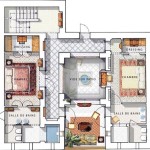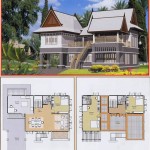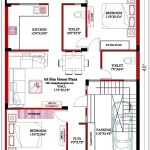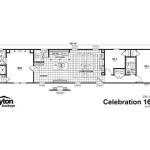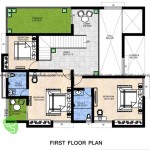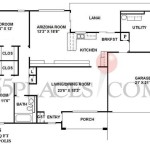Small Sustainable House Plans: Essential Aspects for Eco-Friendly Living
In the quest for a greener and more sustainable lifestyle, small sustainable house plans are gaining popularity as they seamlessly blend environmental consciousness with comfort and functionality. These homes prioritize energy efficiency, resource conservation, and responsible building practices, offering an eco-friendly haven without compromising on living standards.
Energy Efficiency: A Cornerstone of Sustainability
Small sustainable house plans emphasize energy efficiency as a cornerstone of their design. To minimize energy consumption, these plans incorporate passive solar designs, utilizing large windows and skylights to harness natural daylight and heat. Energy-efficient appliances, LED lighting, and insulation are meticulously chosen to reduce energy wastage. In addition, renewable energy sources like solar panels or geothermal systems are often integrated to generate clean energy, further reducing the reliance on traditional energy sources.
Resource Conservation: Wisely Managing Precious Resources
Sustainable house plans prioritize resource conservation, starting with water usage. Low-flow fixtures and water-saving appliances minimize water consumption. Rainwater harvesting systems collect rainwater for non-potable purposes like irrigation, further reducing the strain on local water resources. Materials used in construction are carefully selected for their sustainability, durability, and low environmental impact. Recycled or renewable materials are often incorporated to minimize waste and promote a circular economy.
Healthier Living Environments: A Focus on Well-being
Small sustainable house plans prioritize indoor air quality, recognizing its direct impact on the health and well-being of occupants. Natural ventilation is promoted through well-placed windows and doors, creating a healthy exchange of fresh air. Non-toxic and low-VOC (volatile organic compound) materials are carefully chosen for flooring, paint, and furnishings, reducing the presence of harmful chemicals in the home. These design elements contribute to a healthier living environment, promoting physical and mental well-being.
Cost Savings: A Long-Term Investment
While sustainable house plans may incur a slightly higher upfront investment, they offer substantial cost savings in the long run. Energy-efficient features reduce utility bills significantly, while water-saving measures lower water consumption expenses. Durable materials and eco-friendly construction practices minimize costly repairs and maintenance needs. Additionally, tax incentives and government rebates often support sustainable building practices, further offsetting the initial investment.
Design Considerations: Aesthetics and Functionality
Small sustainable house plans go beyond environmental responsibility to encompass aesthetics and functionality. These homes showcase innovative designs that maximize space utilization and natural light, creating a comfortable and inviting living space. Open floor plans, clever storage solutions, and multifunctional areas ensure that every square foot is utilized to its full potential. The result is a home that seamlessly blends eco-friendliness with modern living standards, providing both comfort and an enduring connection to the natural world.
Embrace the principles of sustainability with small sustainable house plans, paving the way for a more environmentally conscious and fulfilling lifestyle. These homes offer a harmonious balance of energy efficiency, resource conservation, healthier living environments, cost savings, and thoughtful design, ensuring a sustainable future without sacrificing comfort or style.
25 Small Sustainable House Plans Cutaway Drawings Natural Building Blog Home
Tiny Eco House Plans Off The Grid Sustainable Houses
Green Home Building Sustainable Architecture Compact Design House Plans Modern A
Eco House Plans Friendly Design Narrow
Green Home Plans Eco Friendly
Small House Plans And Tiny Under 800 Sq Ft
Tiny Eco House Plans By Keith Yost Designs
World S Smallest Sustainable House Can Fit A Family Of Four Tiny Plans Guest Small Cabin Floor
Eco Sustainable House Djuric Tardio Architectes Archdaily
Eco Perch Sustainable Small Tree House Idesignarch Interior Design Architecture Decorating E


